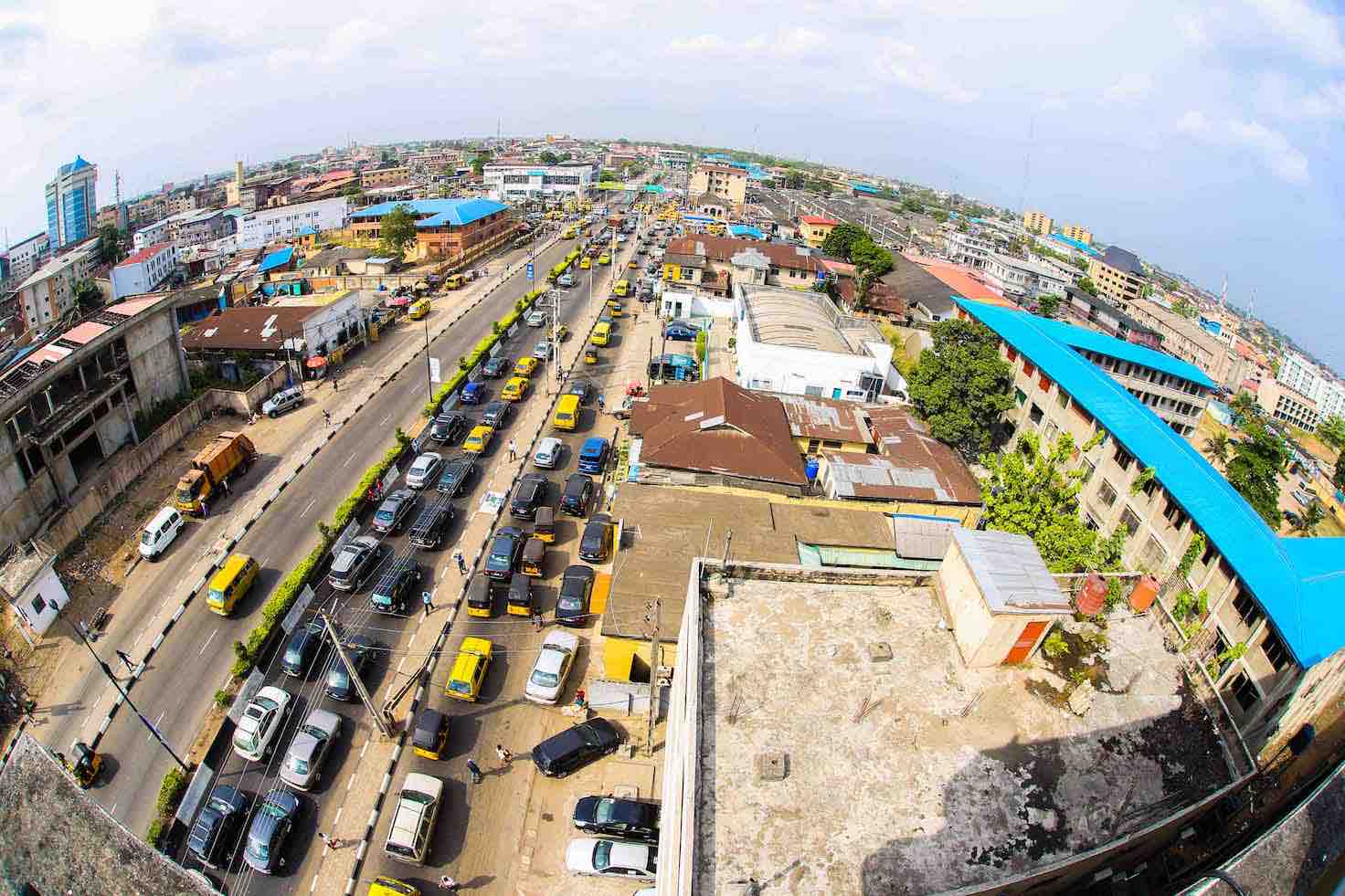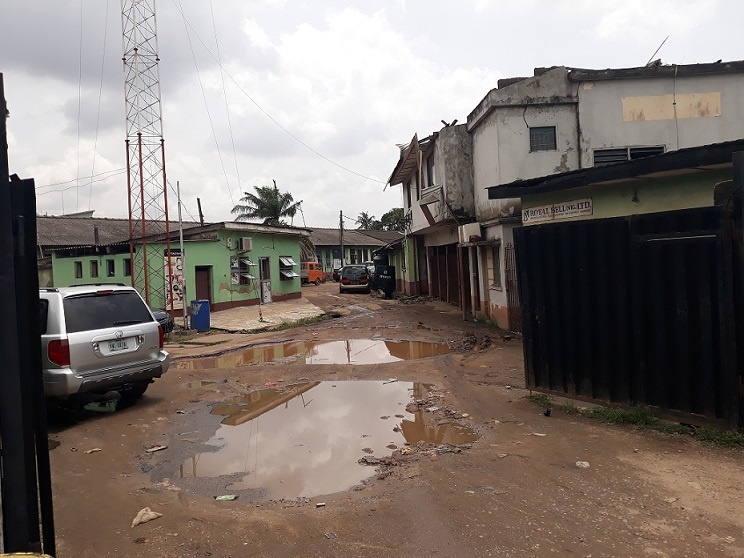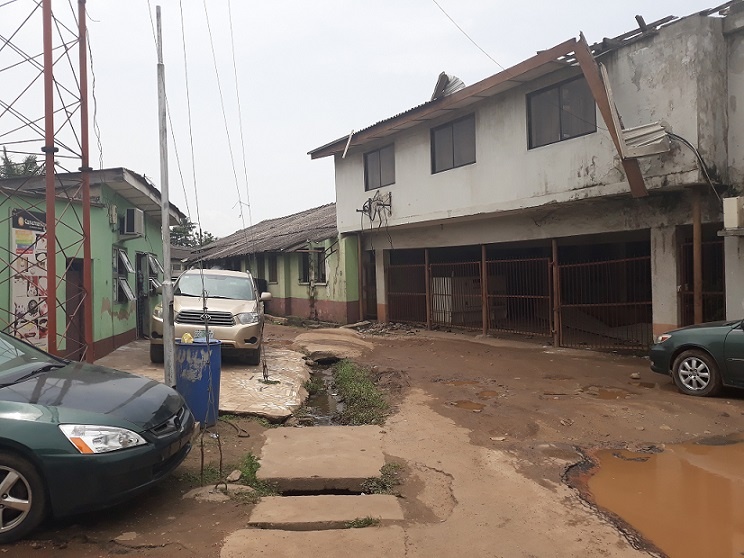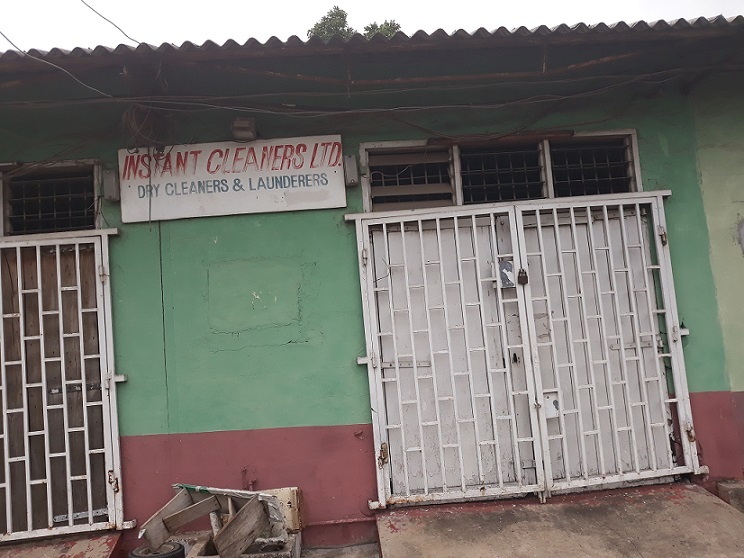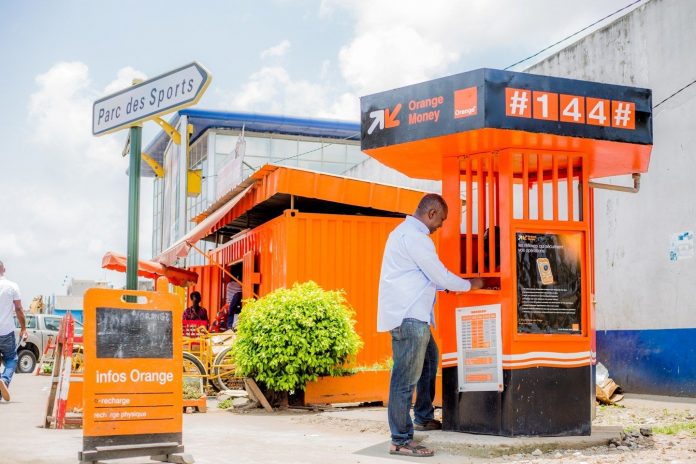During the commemoration of the third year of the administration of Gov. Akinwunmi Ambode, the Lagos State government announced plans to convert Sabo Industrial Estate into a technology hub. Scheduled to be completed in 18 months, it will serve as a support centre for youths and technology entrepreneurs within the state.
For what it's worth, Lagos State Government has a good track record when it comes to prioritising ICT delivery. As such, the proposed hub will serve as further evidence of their position towards ICT development in the state.
But of all places to site this project, the choice of an industrial estate may have come a bit surprising.
By many standards, industrial estates are planned clusterings of enterprises offering standard factory buildings that generally sprawl along a sizeable landmass. The heart of their operation is usually in the advancement of commercial and industrial activity.
Interestingly, Sabo Industrial Estate hardly matches the above definitions. First of all, the roads and drainage channels within the estate have completely collapsed.
The buildings are in a very dilapidated condition. Their roofs and window panes hang down loosely from their normal positions, while others have been long detached.
Asides for few factories running skeletal operations, the majority are on lock-down and abandoned.

Be the smartest in the room
Give it a try, you can unsubscribe anytime. Privacy Policy.
The building which hitherto served as the administrative block is equally in a deplorable state.
Lately, Sabo and its larger environ is undergoing what could best be described as a gentrification. Many old buildings are being torn down and transformed into magnificent, modern structures.
With the way the Sabo Industrial Estate is now, it could sure give way for the evolution to be complete.
A little history
The Federal Government created the Sabo Industrial Estate to serve as a model for small-scale industry owners in the country. Prior to that, there was none like it in existence in Nigeria.
While there is no official record which accurately dates what year the estate was established, every indication points to the fact that it is quite old.
That the buildings look very ancient is an obvious indicator. Further alluding to this same fact are claims from the tenants. Although the general consensus is something around 1950s, Baba (not real name) is certain the correct year is 1954.
“I remember there was an election in that year. Then the Northern People's Congress (NPC) used to be a force to reckon with. And ever since, many of us (factory owners) have operated here successfully.”
But things appear to have taken a surprising twist since the Lagos State Government completed the take over of the industrial estate from the Federal Government that previously managed it.
The move would turn out to be heart-wrenching for many like Baba.
The cost of change
In January this year, governor Akinwunmi Ambode visited the Sabo Industrial Estate bearing news the tenants had hoped would never be delivered.
Apparently, they had lived in fear and constant threats as far back as the administration of former Governor Babatunde Fashola. Sesan, a cobbler in the estate, confirms that the estate had received series of letters asking them to vacate the premises.
“The first of such letters arrived the estate in February 2005, from the state government, through the Ministry of Commerce and Industry.”
Baba boasts of how business usually used to boom in the estate, especially in the 90s. But looking at the way things are today his claims are hard to believe.
The truth, however, is that, for an estate that has thrived with support from the government, a relocation notice would be considered a serious setback. Even though a new base was provided in Imota (somewhere in Ikorodu, the outskirts of Lagos), it couldn't possibly have the same comfort as Sabo and for obvious reasons.
“I would end up spending over ₦30,000 monthly on transportation to the new site from my place in Bariga," Baba laments, "Meanwhile, I don't spend as much as ₦10,000 to commute to Sabo.”
Segun, who began his apprenticeship a year ago at one of the shoe factories in the estate, is of the opinion that a better alternative could have been proposed.
“Even if they say they want to convert this place to an ICT hub, the least they could have done was provide us with a better alternative and not a place customers won't be able to find us.”
This is not the first time the Lagos State government is attempting to force the relocation of an existing business cluster to a new environment.
Not long ago, it tried taking on Computer Village in Ikeja and met some resistance from the Otigba boys. The same resistance sums up the current reality for most residents inside the industrial estate at Sabo.
Suggested Read: Ikeja Computer Village: What it was, what it will always be
What next?
The Sabo Industrial Estate is as old as Lagos itself, which makes it an easy prey for what is to become of the city in the coming days. Lagos State, which recently turned 50 years, maintains a plan to become a megacity. And as the leading commercial hub of Nigeria, it longs to continually set the pace. As such, it will leave no stone unturned in fulfilling this dream.
Yaba -- where the industrial estate is situated -- as a whole is undergoing a technological movement led by startups using smart technologies to solve everyday challenges in the country. It comes as no surprise that certain persons in the Yaba tech community see the effort by the Lagos State government as a step in the right direction.
“Just like the Yaba cluster came into existence, the idea of developing Lagos State through technology is something that was waiting to happen,” says Bosun Tijani, CEO of the Co-Creation Hub, “But what I will always tell the government is this: create the opportunity for businesses to run and then stay out of the way.”
Sheriff Shittu, a serial entrepreneur, is of the opinion that anything supporting the development of the tech community in Lagos is a welcome idea.
There is no way to know if these decisions are right for Lagos State. A few years from now, we would reflect back to see whether it was worth the sacrifice. Especially for the Lagos State Government whose true intention is at best expressed in murky explanations at the moment.

